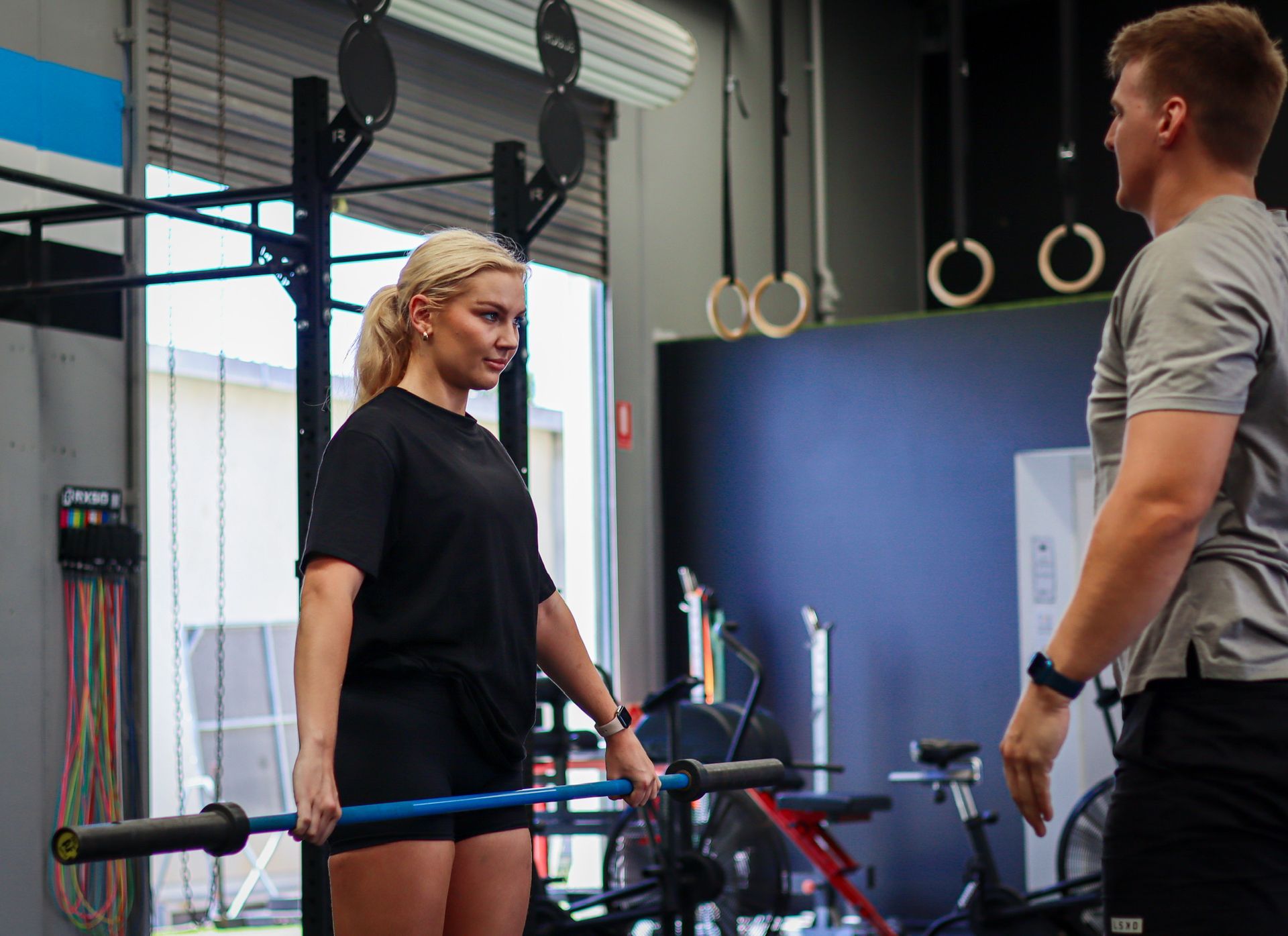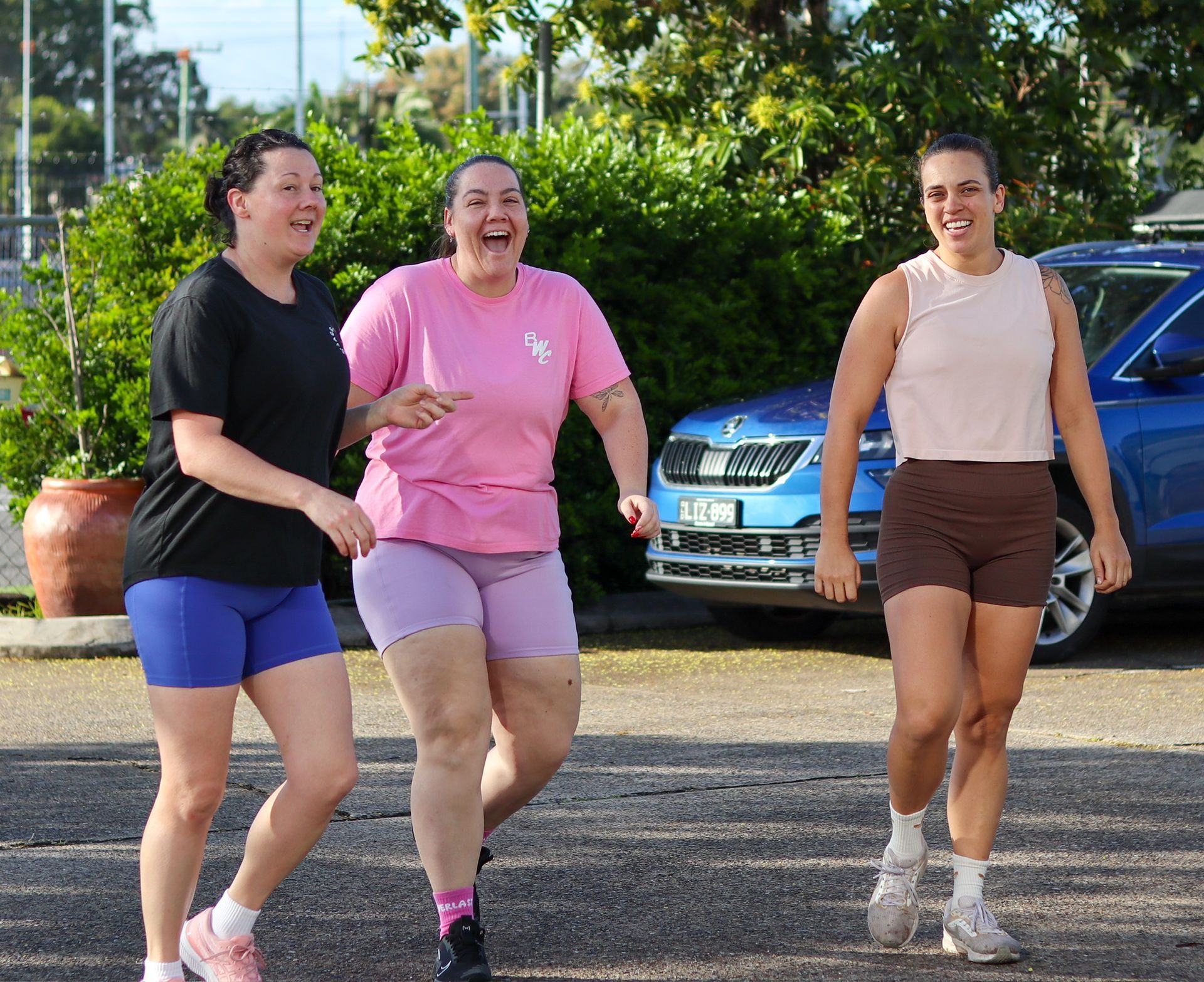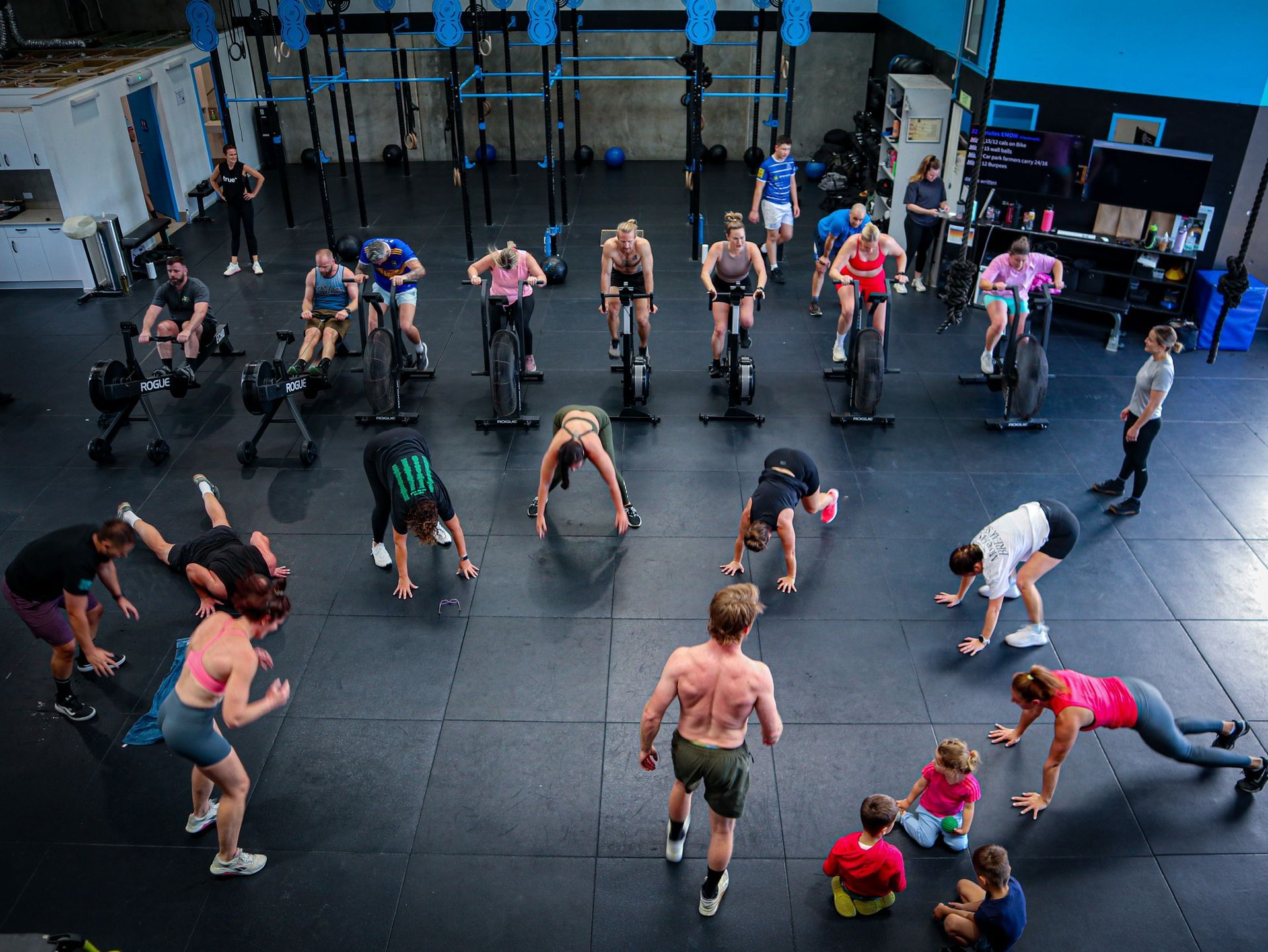Summer's Coming: How To Get Ready For The Season Now
As the
days grow longer and the
temperatures rise, summer is
already around the corner.
Whether you’re looking forward to beach days, barbecues, or just feeling your best in lighter clothing, now is the perfect time to start preparing.
By beginning early, you’ll not only ensure you’re physically ready—you’ll also build the confidence, energy, and habits that will make summer truly enjoyable.
Why Start Now?
Transformations don't happen overnight.
They require:
- Time
- Consistency
- Dedication
Starting now allows you to:
- Make gradual, sustainable changes.
- Build healthy habits that last.
- Avoid last-minute stress and unsustainable crash diets.
By easing into a smart routine, you can enjoy the journey—celebrating small victories along the way—and when summer arrives, you’ll be ready both physically and mentally to embrace it fully.
Setting Up Your Diet for Success
A balanced diet is the cornerstone of any successful fitness routine.
Here’s how to fuel your body for optimal results:
Prioritise Nutrient-Dense Foods
Focus on:
- Lean proteins (chicken, fish, legumes)
- Complex carbohydrates (whole grains, sweet potatoes)
- Healthy fats (avocados, nuts, olive oil)
- Fruits and vegetables
These foods provide the essential nutrients to support both training and overall health.
Stay Hydrated
Hydration is even more crucial as the heat rises:
- Aim for 8–10 glasses of water daily.
- Add electrolytes if you’re sweating heavily during workouts.
Plan Your Meals
Consistency is key:
- Meal prep to ensure you have healthy options available.
- Avoid last-minute, less nutritious choices by planning ahead.
Practice Mindful Eating
Summer often brings social events centered around food.
- Listen to your body: respect hunger and fullness cues.
- Enjoy treats in moderation—focus on overall balance, not perfection.
Crafting a Training Routine
A well-rounded training plan will get you to your goals efficiently and safely.
Set Clear Goals
Define what success looks like for you:
- Building strength?
- Increasing endurance?
- Improving overall fitness?
Clear goals = clear direction.
Create a Balanced Program
Incorporate:
- Strength training (to build lean muscle)
- Cardiovascular exercise (to burn calories and boost heart health)
- Flexibility work (yoga or stretching to enhance mobility and prevent injury)
Prioritise Consistency Over Intensity
Showing up consistently matters more than training at maximum intensity every time.
- Start manageable.
- Gradually increase intensity and duration as you progress.
Recovery is Key
- Schedule rest days.
- Prioritise good sleep and recovery practices.
- Remember: Growth happens during rest, not just during workouts.
Final Thought: Make This Summer Your Best Yet
Summer is about relaxation, fun, and feeling your best.
By
starting now and
building a balanced diet and training routine, you’ll position yourself to not only
achieve your goals but also
enjoy the journey.
Remember:
- Success is about progress, not perfection.
- Celebrate your achievements, big and small.
- Enjoy the process—because fitness isn’t just about the destination, it’s about the life you build along the way.
Get started today—and make this summer your strongest, healthiest, and happiest yet! ☀️🏋️♀️🌴
Previous Blogs




